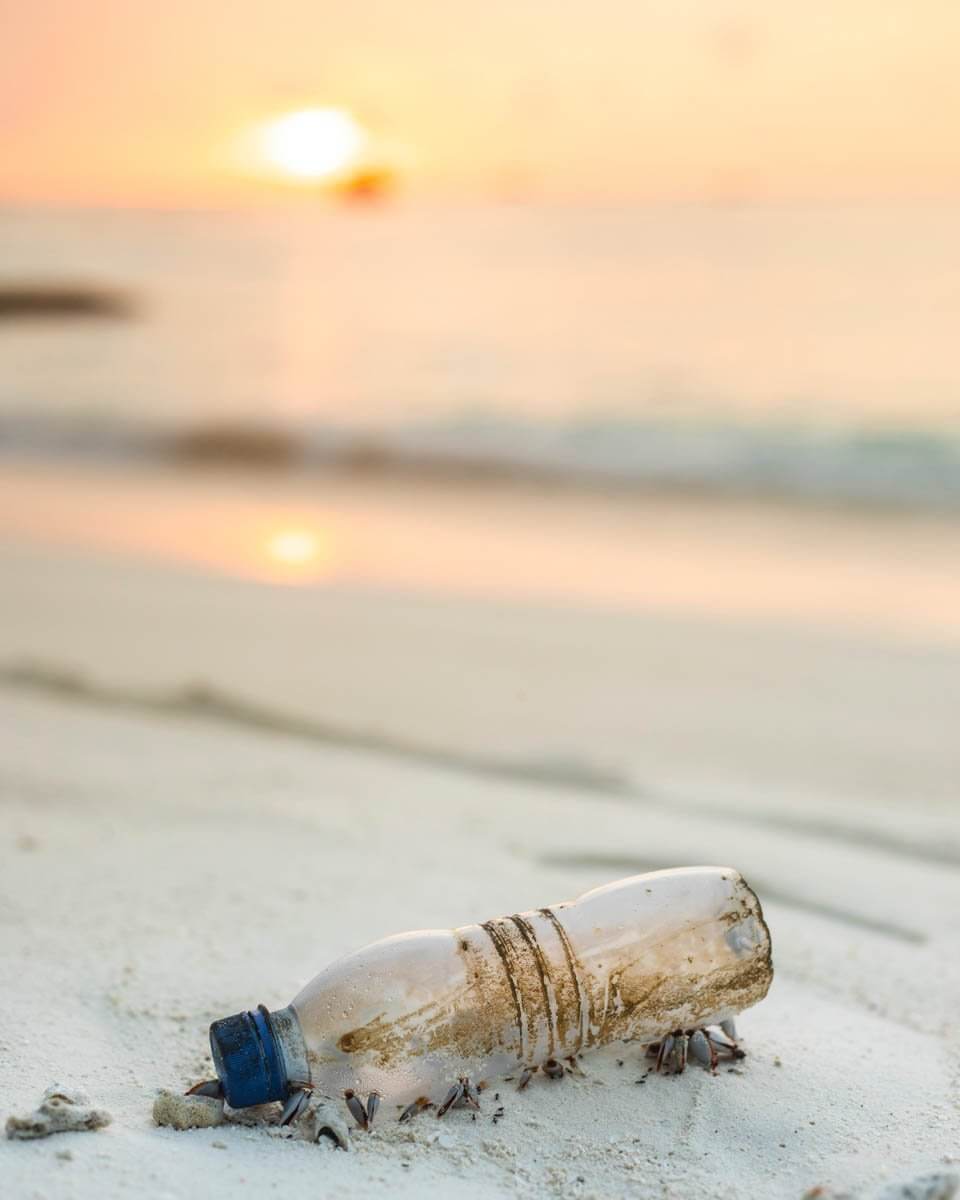
Inhaltsverzeichnis
Simple tips that you can use to reduce your plastic consumption in everyday life
We're all now aware that our plastic consumption is clearly too high. Plastic not only harms the environment, but also humans and animals. But you only have to look around your own home to realize that doing without plastic isn't that easy. A great deal of what we use or buy is made of plastic. If I'm honest, I haven't given this topic much thought for a long time. I'm all the more grateful that this topic is gaining more and more attention and reaching more and more people.
But where do you start? Many things made of plastic seem indispensable to us – simply because we don't know anything else. Therefore, I've put together some tips to help you get off to a great start and reduce your plastic consumption.
Become aware of your plastic consumption
The first step towards change is always becoming aware of the problem. Simply keep noticing what you're using plastic for and what you're using it for. Then consider whether you really need these items and what alternatives there might be. I'm now playing a little mental game where I try to discover as many unnecessary uses for plastic as possible. Of course, I can't directly change the fact that the chocolate in the cardboard packaging is wrapped in additional plastic. But the mere fact that I've noticed it shows me that my awareness is expanding in this direction and helps me think and act differently. Because I can make the conscious decision not to buy that exact chocolate next time.
Don't just throw away all plastic products
Of course, you shouldn't just throw the plastic products you already own into the trash. Throwing them away just to buy more environmentally friendly ones doesn't really serve the purpose. Use these products for as long as possible – you can also upcycle many of them, meaning you can modify or repurpose old items so that you can use them for something else. You can find plenty of inspiration for this. z.B. on YouTube or Pinterest.
Develop new habits
Things we do often become habits. Developing new habits is often quite challenging at first, as it requires using a lot of cognitive resources and refocusing our attention. However, once we've established a habit, it happens naturally. For example, I've gotten into the habit of taking a small reusable bag with me whenever I leave the house. It's not uncommon for us to suddenly remember that we have errands to run while we're out and about. This way, we can easily avoid having to keep buying new plastic bags. But even the paper bags that have become commonplace use wood in their production. Therefore, the best option is to bring your own bags.
Another thing I always carry with me these days is a water bottle. Ideally, it's made of stainless steel or glass. However, I already had a plastic bottle at home, so I use that. This way, I avoid having to buy new plastic bottles every now and then. If I do, I reuse the disposable bottle I bought a few times instead of throwing it away immediately—I just rinse it quickly, fill it up, and take it with me.
So if you get into the habit of always carrying a water bottle with you, you'll not only be helping the environment but you'll also automatically drink more – win-win!
What to look out for when shopping
Look for alternatives to plastic packaging. Milk, oil, and sauces like mustard are usually available in glass bottles. Small plastic bags for loose fruit and vegetables aren't necessary either, as we wash the food before eating it anyway. There are also many products that are individually wrapped in plastic within the plastic packaging, for example, in XL family packs. Is that necessary? No!
Alternatives for everyday products
- Instead of a normal toothbrush, bamboo toothbrushes are now available almost everywhere
- Bring a reusable coffee cup. More and more cafes are even rewarding you for bringing your own cup by charging less for your coffee!
- Avoid using straws whenever possible.
- Bar soap is a great alternative to liquid soap – no plastic packaging!
- Drink tap water instead of mineral water. The water that comes out of the tap here in Germany is safe to drink.
- Next time, order your ice cream in a cone instead of a plastic-coated cup.
- Many of our care products, such as creams, lotions, and makeup, contain microplastics. A safe alternative is certified natural cosmetics that avoid the use of synthetic ingredients. Labels you can look out for include: EcoControl, NaTrue, Demeter, Naturland, ECOCERT, and the BDIH seal.
Of course, making changes isn't always easy. But there are so many small areas where you can start! If you just change one or two things, you'll notice that you automatically become more aware of your plastic consumption.
So just start somewhere! Often, you'll also spread the word to those around you, helping not only the environment and animals, but ultimately yourself as well.

Photo by Sylvie Tittel on Unsplash







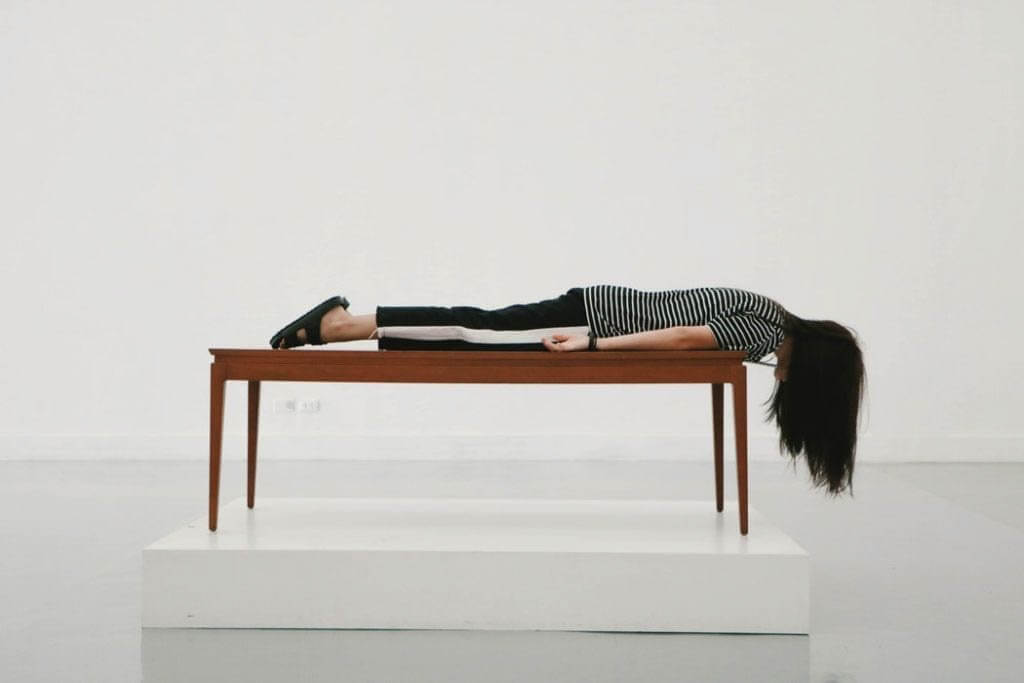
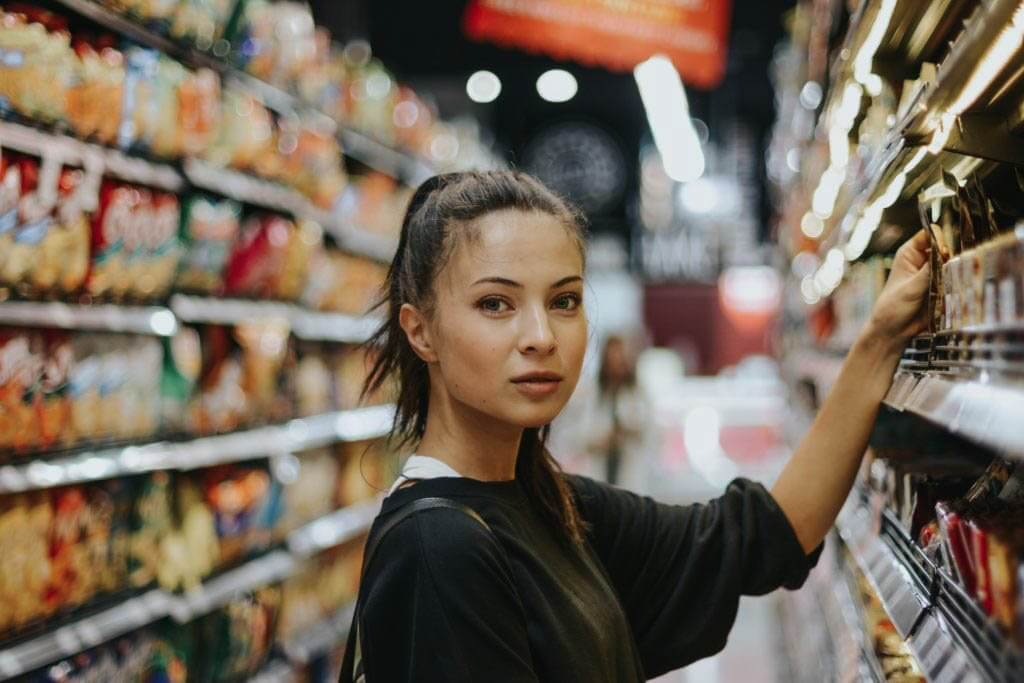
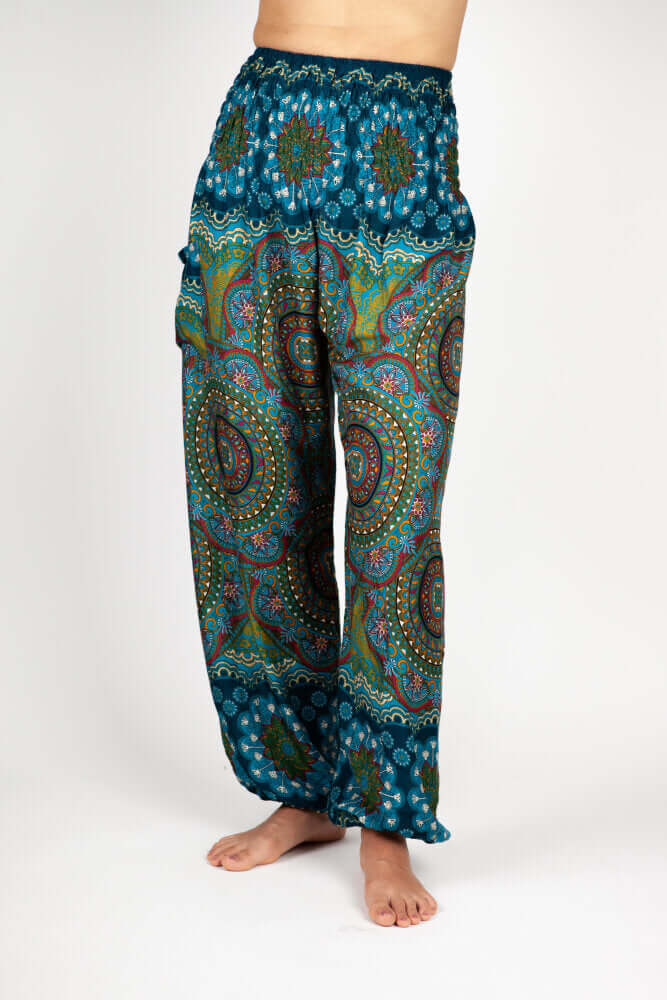
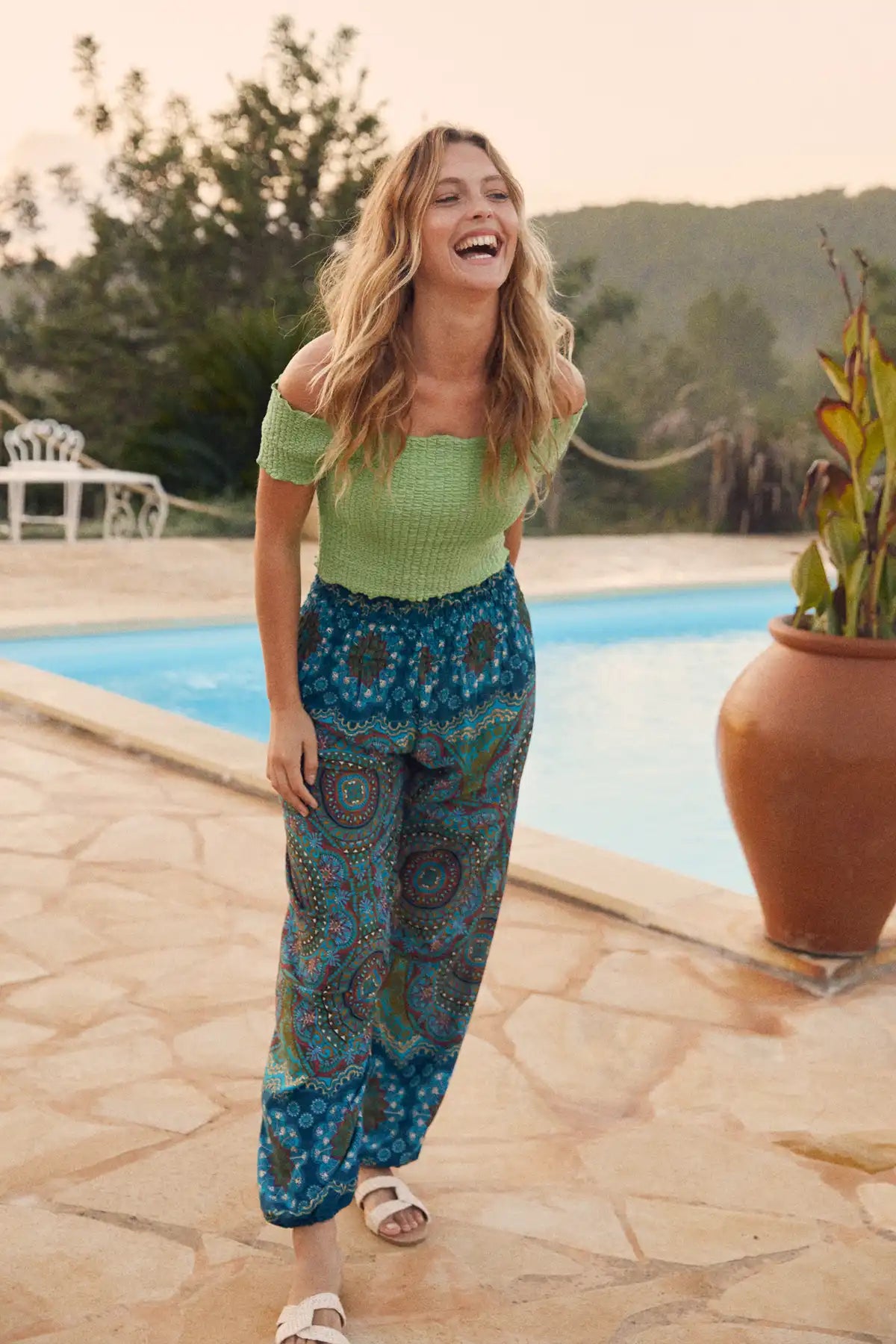














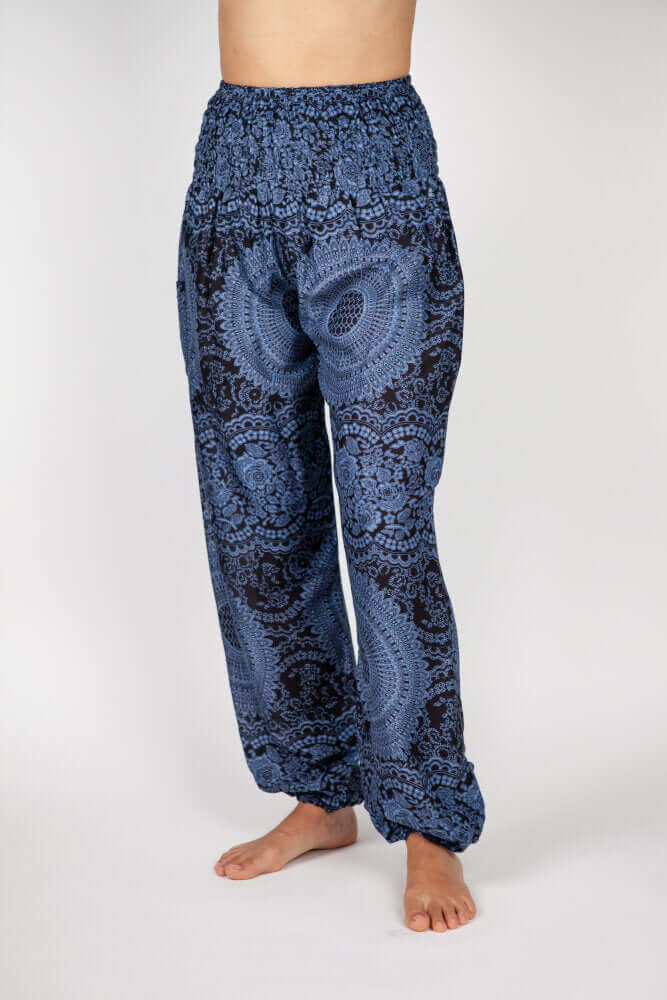

Leave a comment
This site is protected by hCaptcha and the hCaptcha Privacy Policy and Terms of Service apply.